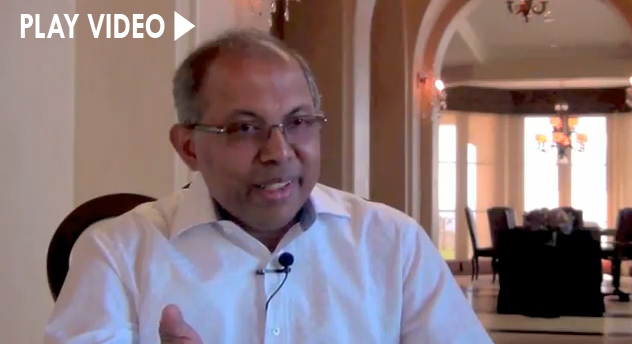Are we ready for our future? What does it take to take to meet our future and take command of the opportunities that are opened for us?
Quality & Process
When ‘quality’ ceases to be just lip service from one employee to another – it becomes a process for continuous improvement toward perfection.
Change is everywhere. In nature, change is an undeniable force. Even mountains succumb to the ever present, never diminishing force of change.
Why in business should we expect any different?
The fact is, change is hardwired into human nature. Individuals and society as a whole enjoy change – like the changing seasons. And there are other changes – changes in taste, changes in lifestyle, changes in expectations and aspirations. Therefore, any effort to push away change and hold on to the present—to maintain the status quo indefinitely—is a waste of energy and resources, and ultimately leads to failure.
This is why companies that do not adapt to new trends and ideas will eventually see their markets dry up and wither away. This is the fate of organizations, large and small; from large multi-national corporations to mom-and-pop shops down the street.
We must embrace change as though our future depends upon it.
And let’s be clear. When I say “change” what I mean is “future.” In business, change is opportunity. Therefore, we must embrace change as though our future depends upon it. Among forward-thinking and successful companies that I have examined, change in the marketplace is no more difficult, no more traumatic than changes in the season. And how does that happen? Because they have adopted change into their management process:
- They have built flexibility into the organization. They possess a culture and mindset that can easily adapt to marketplace demand.
- They actively look for ways to improve products and services. Since the shelf life of goods and ideas is so short, they always live in the future.
These are the lessons that the top executives at a particle board manufacturer learned one year. They received several complaints that desks and tables made from its boards were breaking under heavy loads.
When the complaints grew in number and urgency, the vice-president of the company – who also led the production unit – took his managers along on a fact-finding mission. Their original goal was to gather as much data as possible from furniture builders and customers and to solve what they believed to be an easily solved manufacturing problem.
Their first stop was a furniture builder and their largest customer. There they learned that people do not just write on their desks, they sit on them and place heavy objects on them. The president of a furniture company gave them a demonstration. The management team watched in horror as their client leaned on the edge of a newly completed conference table and the corner cracked and broke away. The team saw numerous other failures; more than they ever imagined; and returned to their offices charged with a sense of urgency.
Their first realization was that they never fully understood how their boards were being used. Their product was not flexible – both literally and figuratively. This was no longer a small problem; it threatened their position in the marketplace.
That’s when the fault discovery process became an innovation process. They analyzed the strength of the boards in different situations and began a detailed research on the manufacturing process itself. Their goal was not to fix what they had but to make their product stronger than ever before. They tested composites, glues, wood chip sizes, and pressurization techniques. After about a year of work, they optimized their entire manufacturing process.
Not only did they improve board strength, they also decreased manufacturing cost. They ended up with a stronger product that was a higher quality and priced competitively.
Dealing with the rapid-fire changes in the marketplace requires that businesses possess a built-in survival process that allows them to be innovative and operationally flexible. Changes happen. If you are not prepared, you will meet a future – but it may not be the one that you expected.



















